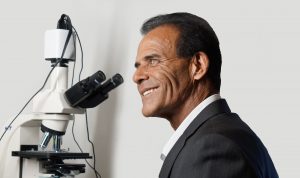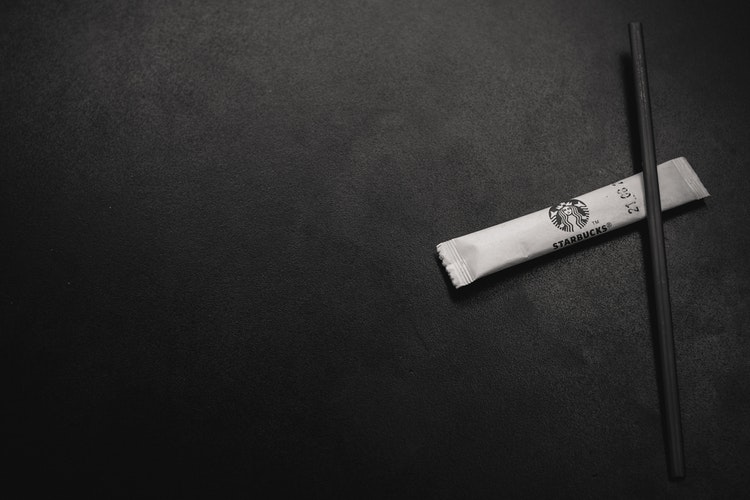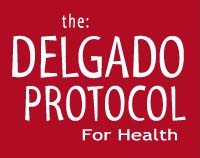The True Cause of Diabetes and How to Reverse It
29 Million Americans suffer with diabetes. This number is appalling, especially since 90 to 95 of diabetes cases can be prevented with proper nutritional education. For decades, doctors have been perpetuating the myth that sugar is the biggest contributor to diabetes and that by simply eliminating sugar, you can prevent and reverse type-2 diabetes, but that is simply not true. Read-on to discover the real cause of diabetes — what you discover may just surprise you.
Understanding the Difference Between Type-1 and Type-2 Diabetes
Type-1 diabetes, sometimes referred to as juvenile diabetes, is a chronic condition where the pancreas makes little-to- no insulin (which is the blood sugar regulating hormone). Type-1 diabetes is usually diagnosed in childhood and it accounts for just 5 of diabetic cases. Type-1 diabetics have to be very modest in their sugar intake and they have to take insulin regularly, in order to survive. Although type-1 diabetes is neither preventable nor reversible, insulin requirements and diabetes symptoms can be reduced through diet and lifestyle modifications.
Type-2 diabetes is also a blood sugar disorder, however, type-2 diabetics do make insulin, they just don’t make enough of it and/or their body is insensitive to it. Type-2 diabetes is by far the most common type of diabetes and it is completely preventable and almost 100 reversible through diet and lifestyle modifications.
The Hidden Cause of Type-2 Diabetes
 Inactivity and excess body weight are considered two major risk factors for diabetes, however a high fat diet is equally responsible. When you consume high fat foods such as egg yolks, meat, dairy, butter, and vegetable oils, it causes an increase of intramyocellular lipids, which are fats stored in droplets in muscle cells. The intramyocellular lipids increase free radicals, create toxic fatty breakdown products, and clog-up the insulin receptors. When insulin receptors become clogged-up, they become insensitive to the insulin that the pancreas pumps out – and blood sugar rises uncontrollably as a result. Initially, the pancreas responds to the high blood sugar levels by pumping out more and more insulin, but overtime, the pancreas typically becomes worn down, and starts producing too little insulin.
Inactivity and excess body weight are considered two major risk factors for diabetes, however a high fat diet is equally responsible. When you consume high fat foods such as egg yolks, meat, dairy, butter, and vegetable oils, it causes an increase of intramyocellular lipids, which are fats stored in droplets in muscle cells. The intramyocellular lipids increase free radicals, create toxic fatty breakdown products, and clog-up the insulin receptors. When insulin receptors become clogged-up, they become insensitive to the insulin that the pancreas pumps out – and blood sugar rises uncontrollably as a result. Initially, the pancreas responds to the high blood sugar levels by pumping out more and more insulin, but overtime, the pancreas typically becomes worn down, and starts producing too little insulin.
The Solution
For decades, doctors have recommended avoiding sugar in order to reverse type-2 diabetes; however, a low fat diet is likely more effective than a low sugar diet. Studies have found that just one high fat meal is enough to cause insulin resistance and high blood sugar a few hours later in both type-1 and type-2 diabetics. On the flipside, consuming a very low fat diet, one that includes natural sugars such as wholegrains, rice and fruits, helps reduce blood sugar. The reason for this, is that this sort of diet causes the intramyocellular fats to be burned for energy and consequently, reduces intramyocellular fat stores. A reduction of intramyocellular fats helps to unclog and reopen the insulin receptors and restore insulin sensitivity, allowing the insulin to do its job of controlling blood sugar. In simpler terms, when you clear the fat out of the blood, you also clear out the sugar.
The Anti-Diabetic Diet
 A wholefoods, plant-based diet can help to reduce insulin requirements in type-1 diabetics, and to reduce the risk for, and reverse type-2 diabetes. Packaged, junk and fried foods, as well as processed sugars and alcohol should be eliminated, and animal products should be vastly reduced. Natural sugars found in beans, legumes, barley, rice and other wholegrains; and in fruits and vegetables are perfectly fine to consume (although type-1 diabetics should talk to their physicians before indulging in high sugar fruits and veggies such as pineapples, bananas and potatoes etc.). Finally, despite being high in fat, avocados, nuts and seeds are fine to consume in moderation.
A wholefoods, plant-based diet can help to reduce insulin requirements in type-1 diabetics, and to reduce the risk for, and reverse type-2 diabetes. Packaged, junk and fried foods, as well as processed sugars and alcohol should be eliminated, and animal products should be vastly reduced. Natural sugars found in beans, legumes, barley, rice and other wholegrains; and in fruits and vegetables are perfectly fine to consume (although type-1 diabetics should talk to their physicians before indulging in high sugar fruits and veggies such as pineapples, bananas and potatoes etc.). Finally, despite being high in fat, avocados, nuts and seeds are fine to consume in moderation.
Following this diet will not only help enhance insulin sensitivity and balance blood sugar, it will also provide you with tons of anti-aging antioxidants, help fight inflammation, build-up your immune system and reduce your risk for a variety of chronic diseases including cardiovascular disease and cancer.
References:
http://www.forksoverknives.com/fat-insulin- resistance-blood- sugar/
http://www.diabetesforecast.org/2011/jun/understanding-insulin-resistance.html?referrer=https://www.google.com/
http://diabetes.diabetesjournals.org/content/52/1/138
http://www.joslin.org/dietary-fat- can-affect- insulin-requirements- in-type- 1-diabetes.html





